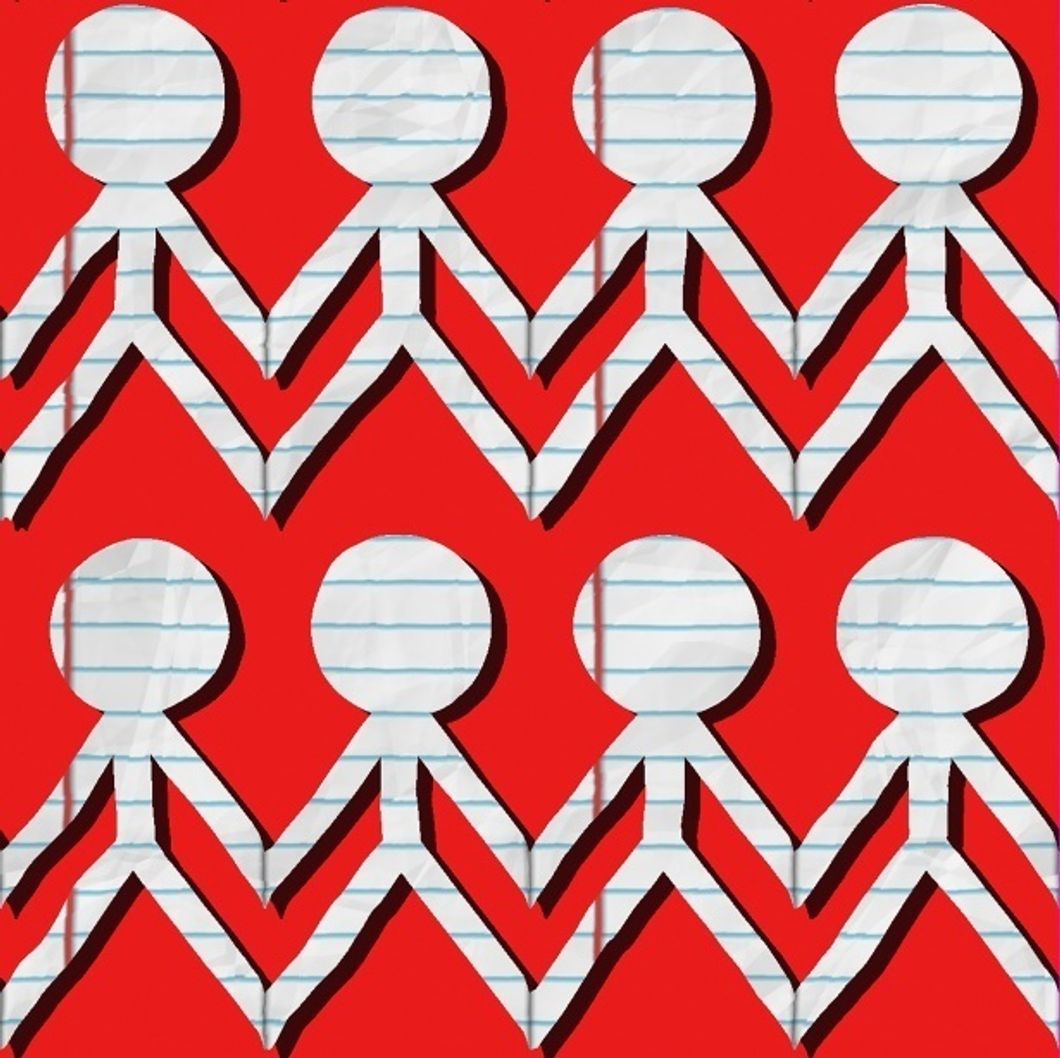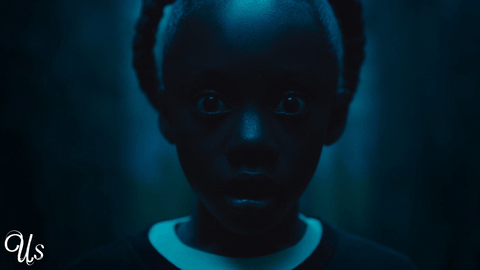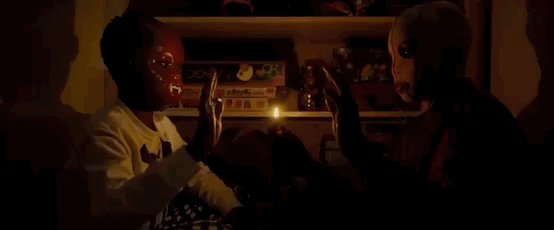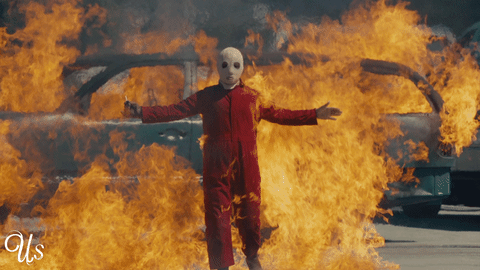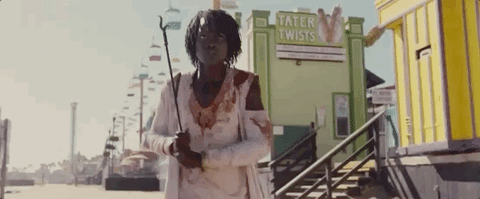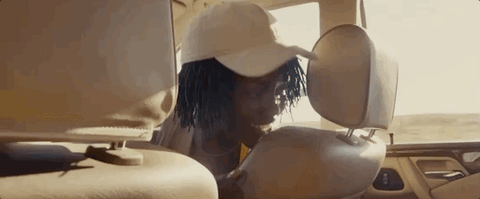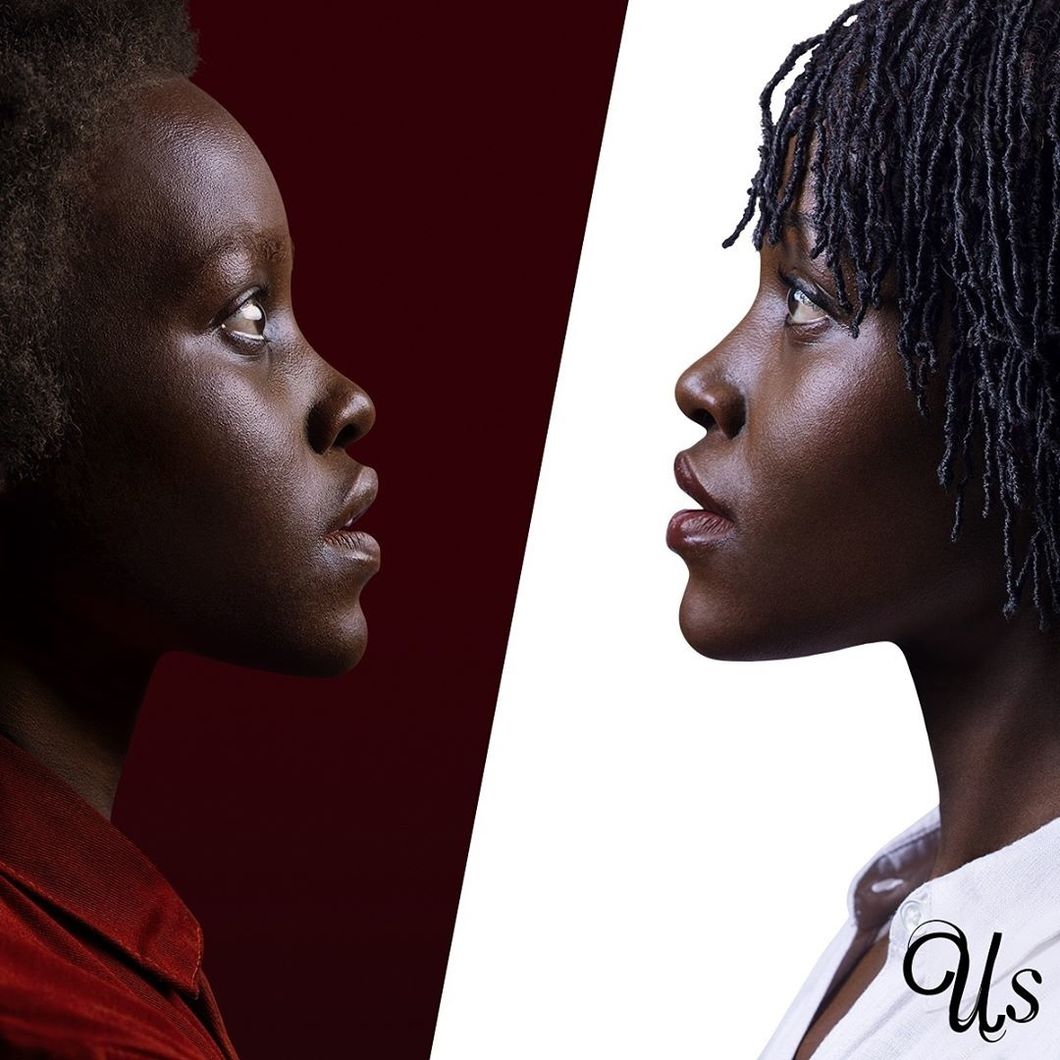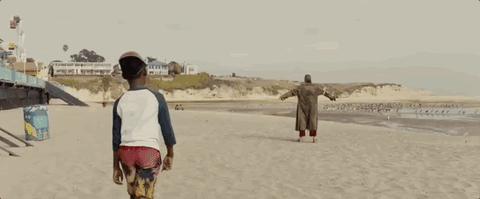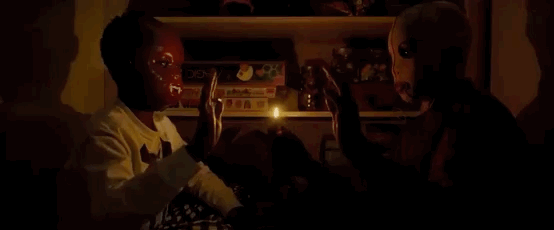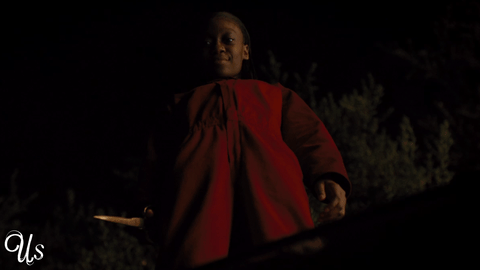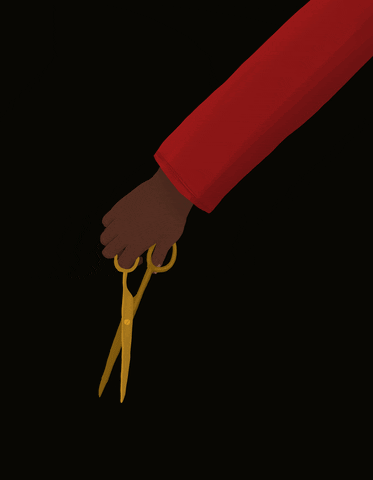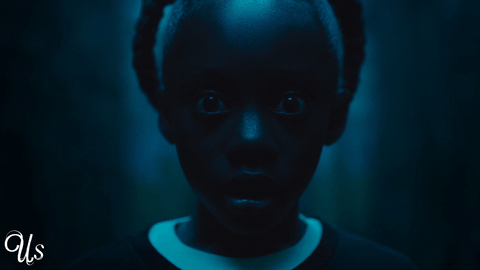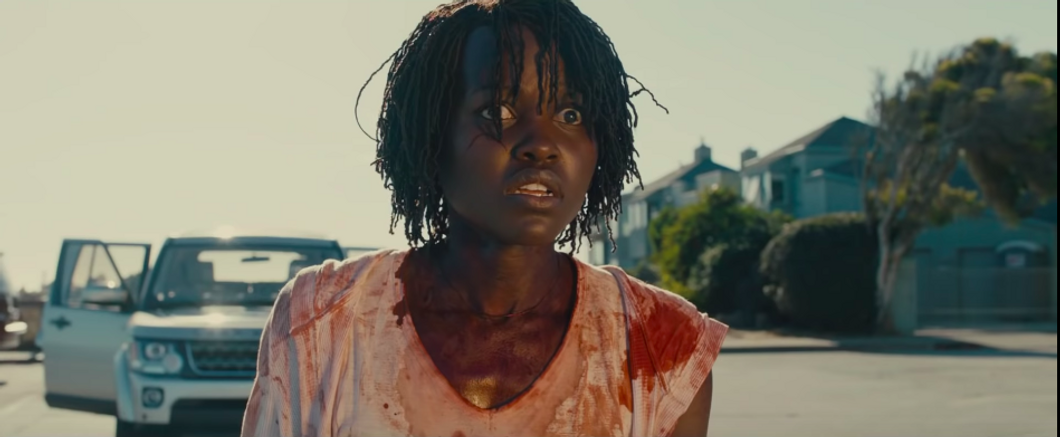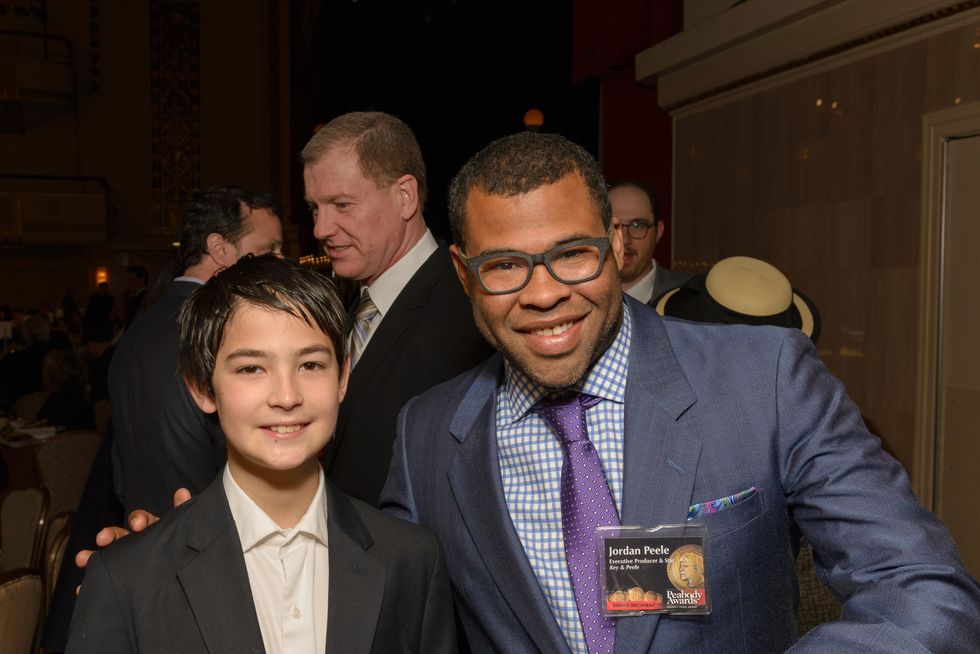Race Commentary in Jordan Peele’s 'Us'
"The itsy bitsy spider climbed up the waterspout. Down came the rain and washed the spider out.Out came the sun and dried up all the rain and the itsy bitsy spider climbed up the spout again."
"The itsy bitsy spider climbed up the waterspout.Down came the rain and washed the spider out.Out came the sun and dried up all the rain and the itsy bitsy spider climbed up the spout again."
- Itsy Bitsy Spider, Version by the American Folk Songs for Children (1948)
Published in 1948, this song describes the journey of an "itsy bitsy spider" that, even when washed away, still manages to climb back up again. In its essence, this early children's nursery rhyme clearly lays out the plot of Jordan Peele's 2019 film, Us, as well as describes America's murderous history descending from the very land on which we walk. The record-breaking hit follows the life of Adelaide and her family as they vacation in Santa Cruz, California in an effort to get away from the hustle of everyday life. That night, four mysterious "strangers" broke into their childhood vacation home and, to the family's surprise, the intruders looked just like them. Peele stated that the film is not directly commenting on race however, race is woven within (and inextricably linked to) historical systems of oppression and their modern contexts which is a huge theme of Us, overall. Additionally, the Wilson's Blackness within a genre that traditionally centers White people as the default was an intentional choice that forces filmmakers to rethink the roles that Black people can (and should have access to) play.
The movie began with a flashback from 1986 where a young Adelaide carefully clutches a red candied apple as she wanders off into a carnival maze. While in the house of mirrors, Adelaide whistles the tune to "Itsy Bitsy Spider" before being approached and dragged underground by a young girl that looked identical -- her tethered doppelganger. Once underground, Adelaide's doppelganger locked her to a bed, and replaced her in the life above in order to escape the harsh captivity below. The girl known as Adelaide lived her life underground and became known as "Red" as her doppleganger repressed her memory of the occurrence and grew up pretending to be the real Adelaide in the life above.
Within the flashback, the camera situated on a sign that read "Jeremiah 11:11." According to the King James version, the verse states: "Therefore thus saith the Lord, Behold, I will bring evil upon them, which they shall not be able to escape; and though they shall cry unto me, I will not hearken unto them." This verse clearly foreshadows the rise of the "tethered" from their underground, subordinate state (led by Red), and decent upon the above ground community. The verse comes from a passage that describes people's inability to hide from their past sins that, much like the "itsy bitsy spider" will always come up the well again. Once above land, the tethered joined hands in the same fashion as the 1986 publicity campaign staged by "Hands Across America" therefore publicly situating themselves as Americans. Additionally, the reference to Hands Across America demonstrates the ways in which Americans pacify their guilt with empty gestures for the "others" (poor, oppressed, marginalized) without truly addressing the history and root causes of oppressive forces in this country; Instead, choosing to offer limited support that makes them feel fulfilled and continuing to live their lives of privilege with little thought given to those that continue to suffer. This is echoed when, after being confronted by the tethered, Gabe offers his wallet in exchange for safety. But in this reality, no amount of money can save America from themselves. When unraveling the specificities of Jordan Peele's creation, it can be seen that he is offering commentary on the Black experience and experiences that are shared by many marginalized communities in the United States.
Us (also standing for the abbreviation U.S.) addresses the reluctance of many Americans to acknowledge the nation's dark history that is wrought with blood. The decision to give a double meaning to the title removes the otherness of the subject matter, precisely placing it within our modern American context. Peele clearly demonstrates his efforts to put the United States of America on trial for their lingering injustices when Red hauntingly mutters "We're Americans" through her broken speech that mimics that of spasmodic dysphonia patients. In another scene, Adelaide urges her husband, Gabe, to cross the border to Mexico which provides a stark parallel to the sentiments about Mexico being a dangerous country, saturated with rapists and criminals as expressed by President Donald Trump in 2015. In this reality, Mexico is a safe haven while America is haunted by the history that they tried to bury. Through centering America's past shadows and paring it with today's sociopolitical moment, audiences are left asking "when was America ever great?" As the population above lived their daily lives, they were literally walking above the bodies of a forgotten history much like how 15,000 intact skeletal remains of enslaved and free Africans were found in New York in 1991, and how Americans walk on stolen land that was taken from Indigenous Americans, many of whom were they murdered in mass genocide. The film demonstrates privileged Americans' violent efforts to hide from their horrendous past when Adelaide fatally snaps Red's neck as Red whistled the "Itsy Bitsy Spider" tune for the last time.
The rain that washed the spider away was guilt, greed, and a reluctance to accept responsibility for the vestiges of past horrors. But, as the film and Jeremiah 11:11 suggest, it is impossible to keep the spider down forever. Us offers a space for Black Americans to finally be seen and understood in a way that American culture has previously tried to erase in exchange for a White washed narrative of triumph. Peele's positioning of the underground and tethered as an allegorical space that serves to represent the unearthing of American skeletons and sins. Us reveals what would happen when, as Baldwin would put it,"all your buried corpses are now beginning to speak."



